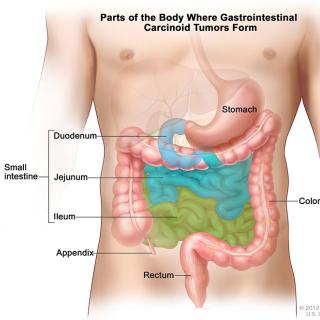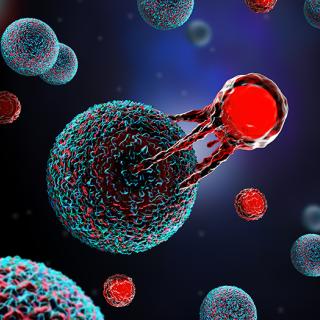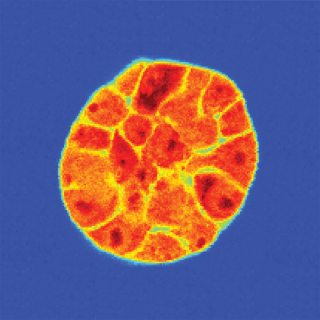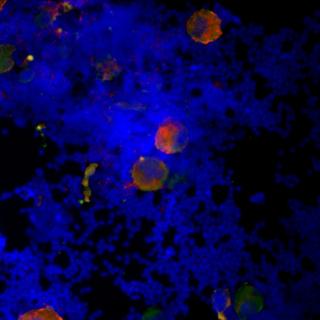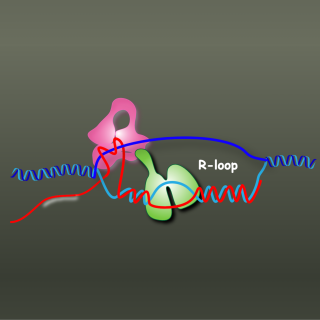News and Events
Proteins Released from the Nuclei of Dying Cancer Cells Promote Tumor Growth
Material released from dying cancer cells, known as tumor cell nuclear expulsion products (TuNEPs), contains specific proteins that promote the growth of neighboring cancer cells. Targeting these proteins could lead to new treatments that hinder cancer spread and improve patient outcomes.
Read MoreClinical trial evaluates drug combination for inoperable neuroendocrine tumors
Neuroendocrine tumors occur in cells of the endocrine and nervous systems. A combined phase I/II clinical trial at the NIH Clinical Center evaluates the effectiveness of a combination of two agents that may work in complementary ways to target inoperable or metastatic neuroendocrine tumors.
Read MoreClinical trial researching T-cell therapy for sarcoma
John W. Glod, M.D., Ph.D., Associate Research Physician in the Pediatric Oncology Branch, is leading NCI’s participation in a clinical trial researching T-cell therapy for sarcomas.
Read MoreT-cell imbalance can impact immunotherapy outcomes
The rapid growth of a patient’s cancer following immune checkpoint inhibitor therapy, known as hyperprogressive disease, is an unexpected treatment outcome that is challenging to predict or study. New results show that a T-cell imbalance in the tumor microenvironment can trigger the condition.
Read MoreMapping cells’ mechanical properties for insight into metastasis
A new approach allows researchers to investigate cells’ mechanical properties in tissue-like environments.
Read MoreClinical trial researching therapy for tumors that have spread to the lining of the abdomen
A clinical trial led by Andrew M. Blakely, M.D., Assistant Research Physician in the Surgical Oncology Program, is researching a combination drug therapy for peritoneal carcinomatosis, a condition in which tumors have spread along the lining of the abdomen from the appendix, colon, ovary or mesothelioma.
Read MoreClinical trial researches drug therapy for bone marrow neoplasms
A clinical trial led by Steven Z. Pavletic, M.D., Senior Clinician in the Immune Deficiency Cellular Therapy Program, is researching a therapy for myelodysplastic syndromes (MDS), a group of bone marrow neoplasms.
Read MoreLiver cancer may unexpectedly be influenced by platelets
Platelets have long been associated with more aggressive cancers; however, new results show that these cell fragments release molecules with anti-tumor properties against liver cancer, reducing tumor burden in mice. The results provide detailed insights into the mysterious role of platelets in cancer progression.
Read MoreClinical trial researching therapy for prostate cancer
A clinical trial led by Ravi A. Madan, M.D., Senior Clinician in the Genitourinary Malignancies Branch, is researching a combination drug therapy for prostate cancer.
Read MoreClinical trial researching therapy for cancers of the reproductive system
A clinical trial led by Jung-Min Lee, M.D., Lasker Clinical Research Scholar in the Women’s Malignancies Branch, is researching a combination drug therapy for cancers of the ovaries, fallopian tubes or peritoneum.
Read MoreStudy finds that enzyme can disentangle strands of DNA and RNA
R-loops are three-stranded hybrid structures of DNA and RNA that play important regulatory functions in cells. Tangled R-loops can cause a number of issues in the genome and subsequently affect people’s health. CCR researchers have uncovered the mechanisms that the enzyme topoisomerase 3B uses to disentangle problematic R-loops.
Read More
